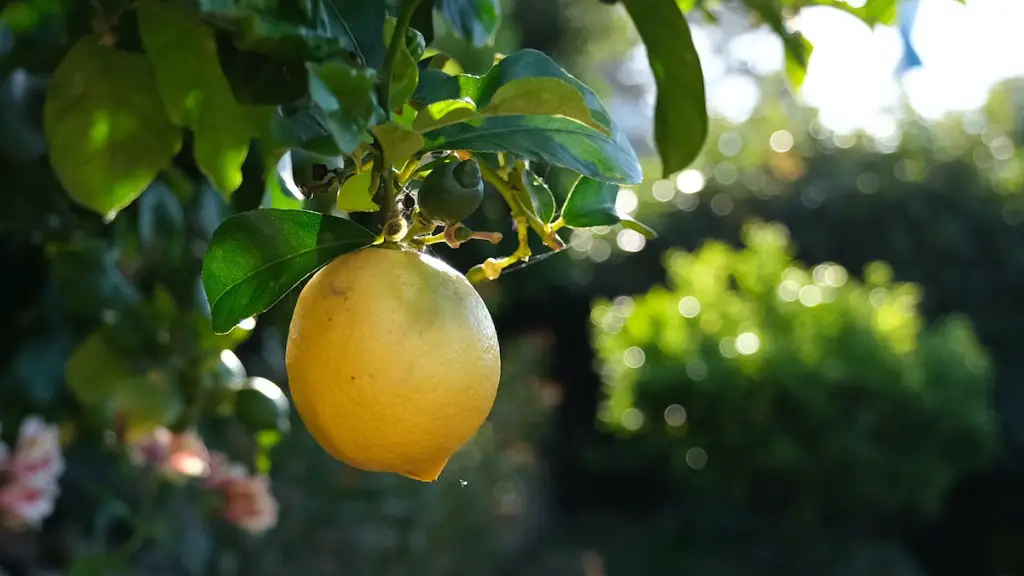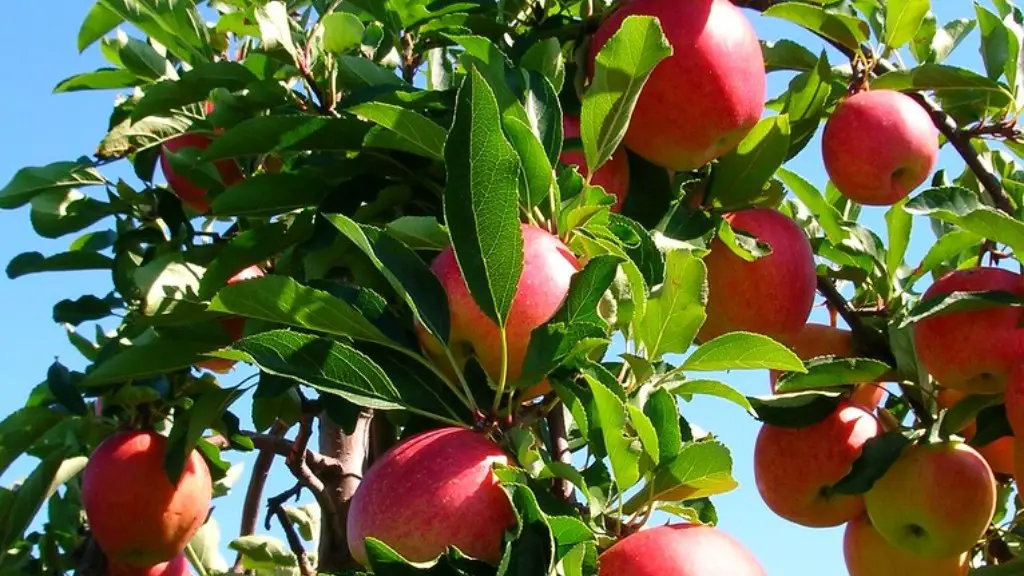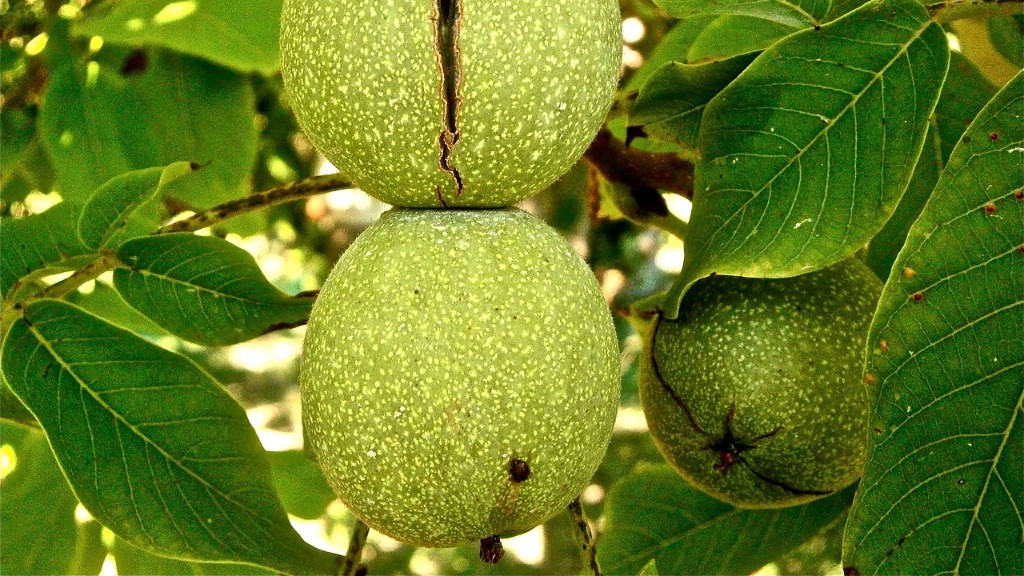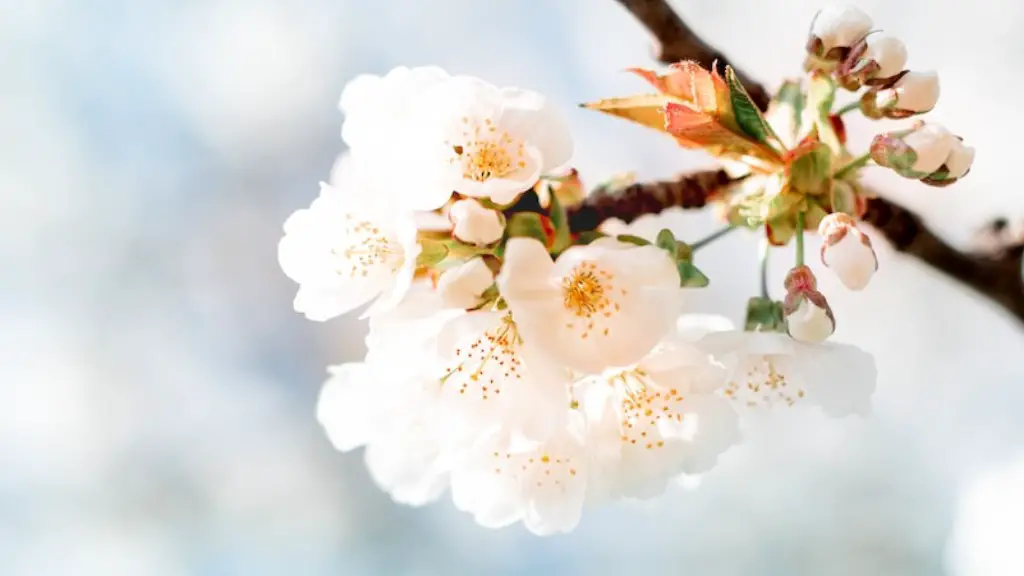Meyer lemons are a unique type of citrus fruit, known for having a sweeter, less acidic taste than common lemons, and they also have a more fragrant aroma. Growing a Meyer lemon tree indoors is indeed possible, and can provide you with an abundance of delicious fruits to enjoy year-round. However, there are a few things you’ll need to keep in mind in order to make sure your Meyer lemon tree is not only thriving, but producing tasty fruits as well.
First and foremost, the Meyer lemon tree needs plenty of light to do well. If possible, keep your lemon tree in a south-facing window, and make sure it has plenty of room as it will grow to be about 8 feet tall. If you don’t have such a large window, or your window doesn’t get enough sunlight, you can supplement the lighting with a grow light. Be sure your light source provides full spectrum lighting for optimal growth and fruit production.
Temperature and humidity are also key factors in keeping your Meyer lemon tree healthy. Ideally, the temperature should stay between 65-75 degrees Fahrenheit at all times, with humidity levels between 40%-50%. If you notice the leaves and/or buds drying out, you may need to increase the humidity by misting the leaves with water every now and then.
Watering is an important part of taking care of a Meyer lemon tree, but it’s equally important that you don’t over water it. Be sure to check the soil for moisture every few days and only water when the top inch of soil feels dry. You’ll also want to keep an eye on fertilizing your Meyer lemon tree, but over fertilizing can actually stunt the plants growth so be sure to follow the instructions that come with your fertilizer.
When it comes to pruning there are two things to consider, first the height and second is thinning out the branches. Pruning your Meyer lemon tree will help keep it healthy, and it will also encourage more growth and fruit production. You want to keep the tree to a manageable height, so prune the top, sides and bottom of the tree. Thinning out the branches will increase air flow, catch more light, and help prevent pests and diseases.
When it comes down to it, growing any fruit tree indoors is no small feat, and the same is certainly true with a Meyer lemon tree. Despite the added complexity, however, a Meyer lemon tree can provide plenty of delicious and fragrant fruits for you to enjoy when given the proper attention and care.
Position and Placement
In order to have the best success with a Meyer lemon tree indoors, it is important to start with proper position and placement. If a south-facing window is available, this will provide a great foundation for the tree. It is also important to keep the tree away from any other direct sunlight sources such as lamps to avoid over-exposure. Also, consider any nearby drafts which could affect the tree’s health adversely. Unfortunately, some sunlight may still be blocked even in a south-facing window, so it is important to supplement with grow lights.
In order to provide the tree with plenty of space to grow, it is important to find the right size pot to accommodate the size of your tree. Keep in mind, that with proper conditions, a Meyer lemon tree can grow as high as 8 feet tall. A pot at least double the size of the current tree is recommended as the tree continues to grow. Be sure to drill a few holes in the bottom for optimal drainage and limit the risk of root rot.
And lastly, ensure that the tree is placed on an elevated surface that is secure. Not only will this help to ensure that the Meyer lemon tree stays secure in its placement, but it will also help to prevent any accidental spillage as oversized pots tend to be heavier.
Temperature and Humidity
Temperature and humidity are two of the most important conditions for the Meyer lemon tree when kept indoors. To have the best success, the ideal temperature should stay between 65 and 75 degrees Fahrenheit, while humidity levels should remain between 40 and 50 percent. If the temperatures or humidity levels fluctuate too drastically, it can adversely affect the growth of your Meyer lemon tree and ultimately result in fewer fruits.
To keep an eye on humidity levels, it may be beneficial to invest in a humidifier if this is an option. Additionally, if you notice the leaves or buds drying out, you can use a spray bottle to mist them with water to increase the humidity levels. To maintain comfortable warm temperatures, consider using an air conditioning unit if the temperatures rise beyond 75 degrees.
Watering and Fertilizing
In addition to paying attention to temperature and humidity, it is important to monitor the allowance of water and fertilizer for the Meyer lemon tree. Be sure to check the soil for moisture levels every few days, as it is important not to over water the tree. If the top inch of soil is still dry, it is probably time to give the tree a little water. The amount of water needed can vary, so be sure to check for moisture after watering. Be sure you wait for the soil to dry before you water the tree again.
Fertilizing is also an important part of taking care of your Meyer lemon tree. However, do not be tempted to overfertilize; it can stunt the plants growth and reduce fruit production. The amount of fertilizer needed depends on the age and size of your tree, so be sure to follow the instructions on your fertilizer’s packaging.
Pruning and Maintenance
It is important to keep up with pruning your Meyer lemon tree as it aids in making sure the tree is healthy and in helping to increase fruit production. Begin by keeping the tree at a manageable height and thinning out the branches for improved air flow and to ensure that the leaves receive adequate sunlight. If a branch is dead, or if diseased or insect-infected branches are spotted, be sure to remove them to prevent the health of the entire tree.
One additional tip is to place insecticidal soap near the base of the tree to ward off common pests such as mealybugs and spider mites. Applying the soap in this manner is preferable to spraying the entire tree, and the level of concentration does not need to be as active as it is with other insecticides.
The Meyer lemon tree will also benefit from regular cleaning of the leaves and surrounding soil. Dust or debris can be a hindrance to the trees ability to absorb sunlight and airflow, so use a soft brush or cloth to lightly get rid of any unwanted residue.




